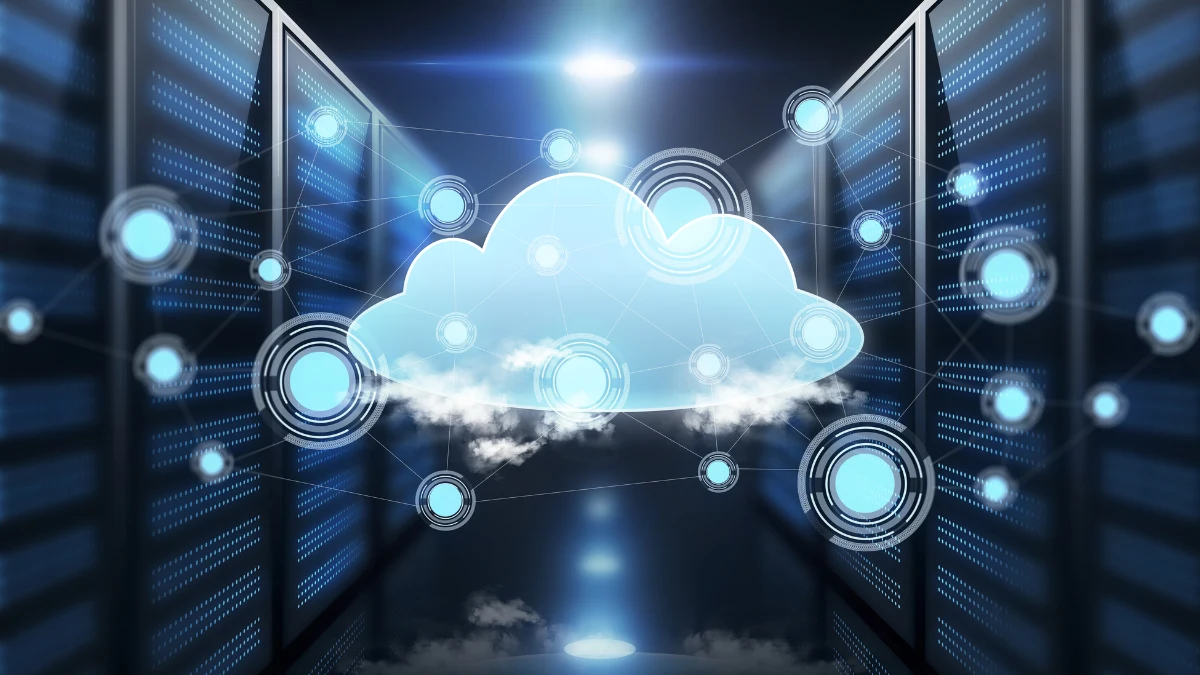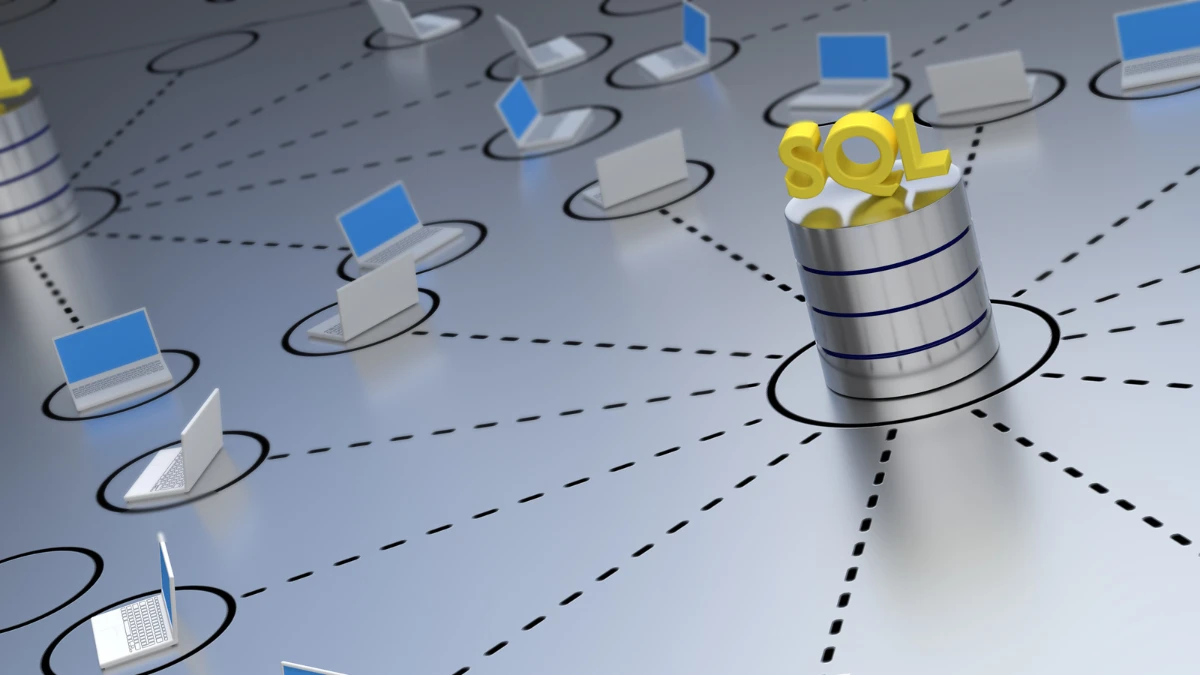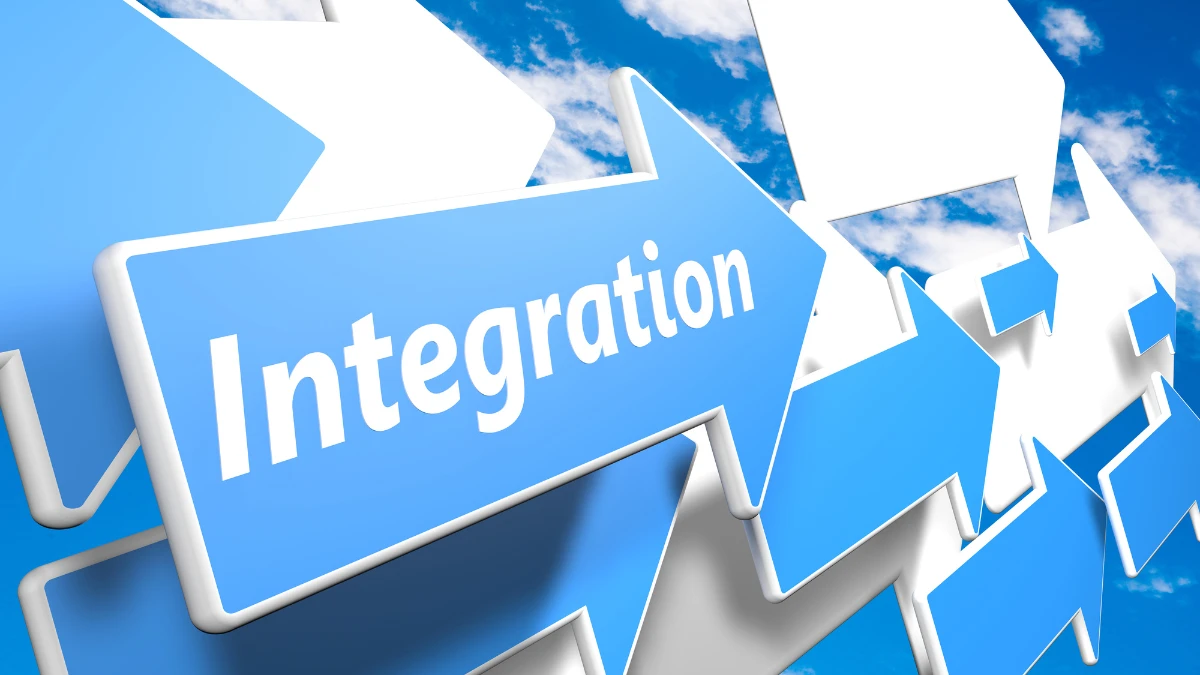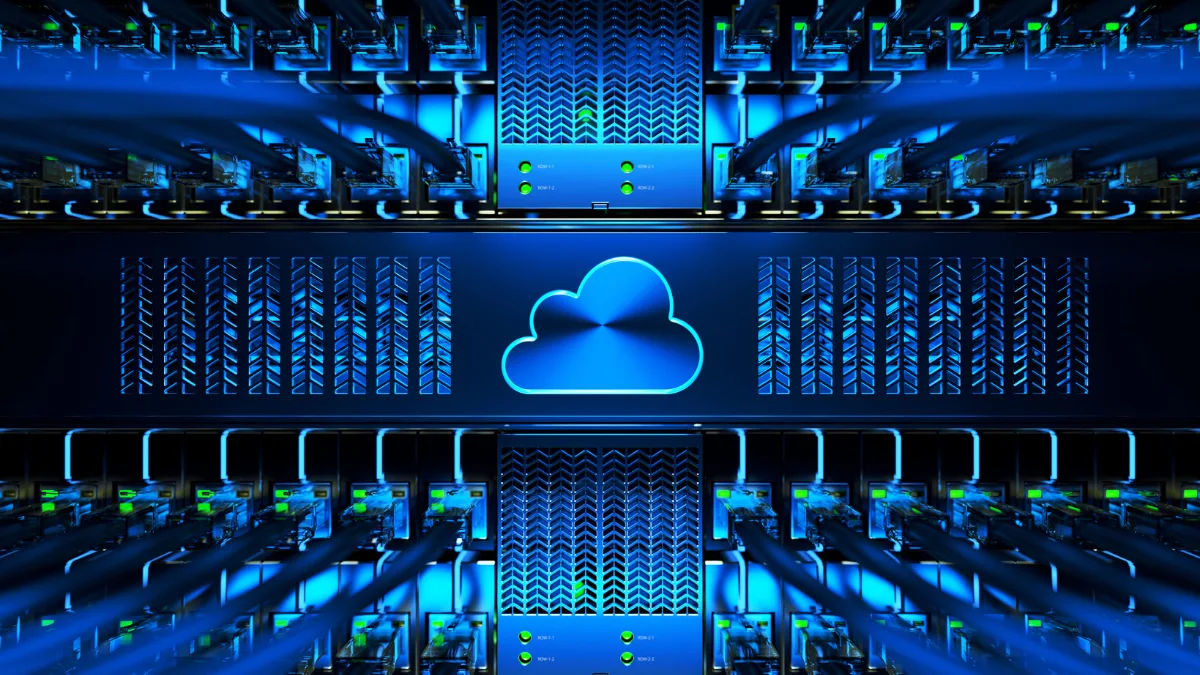The presence of a server provides a digital service center to other computer devices connected through a network. One type of server, according to its function, is the database server, which offers several key functions and advantages.
The functions of a database server include storing data to securing data. Moreover, the advantages include storing data centrally, and it can be integrated with other systems to maintain data security.
This article will give you information on database servers, including definitions, functions, and the advantages they have.
What is a Database Server?

A database server is a type of device that functions to store, manage, and provide data access. This device will make it easier to find your data, because the server provides organized big data services.
The Functions
The database server has several functions, from storing data to securing data. Here are some of its functions:
- Storing data: Able to store data in a structured manner to process the required information easily.
- Managing data: Able to manage complex data, ensuring data integrity and consistency.
- Securing data: Able to secure data by applying rules and restrictions, user authorization, and regular freezing.
The Advantages

The database server has several advantages, from storing data centrally, can being integrated with other systems, to maintaining data security. Here are some of its main advantages in detail:
1. Store data centrally
One of the advantages of a database server is that it stores data centrally in one location. This makes it easy to manage, backup, and restore data.
2. Ease of management
Ease of management is another advantage of this server. Administrative tasks can be made easier with the management tools and easy-to-use user interface provided by the server.
3. Can be integrated with other systems

With a database server, you can integrate with other systems within an organization. The server is compatible with different types of applications and platforms, making integration with other systems easy.
4. Can recover data
Data recovery is one of the excellent features that this server has. To minimize the risk of data loss due to system failure or disaster, the server provides data backup and recovery features.
5. Maintained data security
Another advantage of a database server is maintaining data security. With various security features such as user authentication, access control, encryption, and audit logs, data can be protected from threats or unauthorized access.
Those are the definitions, functions, and advantages of a database server that you need to know. Another thing to note is that server on the market must pass the certification test from the Directorate General of Digital Infrastructure (DJID).
Server regulation is based on the Ministerial Decree (KEPMEN) No. 60 Tahun 2022, which requires all radio frequency-based devices to meet specific technical standards before being sold in the country.
With a DJID certification, users can feel calm about using a server device whose quality and security are guaranteed. For manufacturers or importers of server devices, obtaining certification from DJID is a mandatory step before the device can be officially marketed in Indonesia.
To simplify the certification process, Type Approval Certification Services for ICT Products are available to assist with this process as a reliable solution. [UN].

